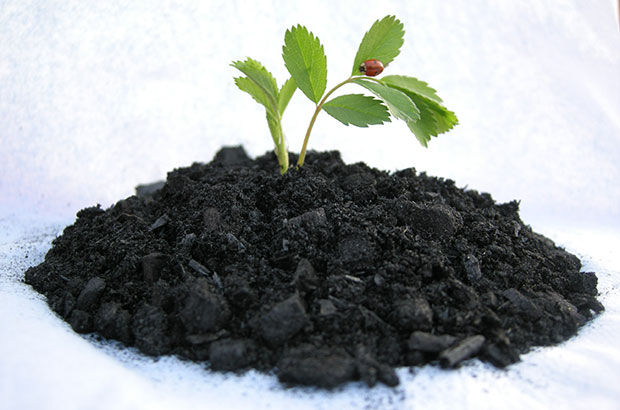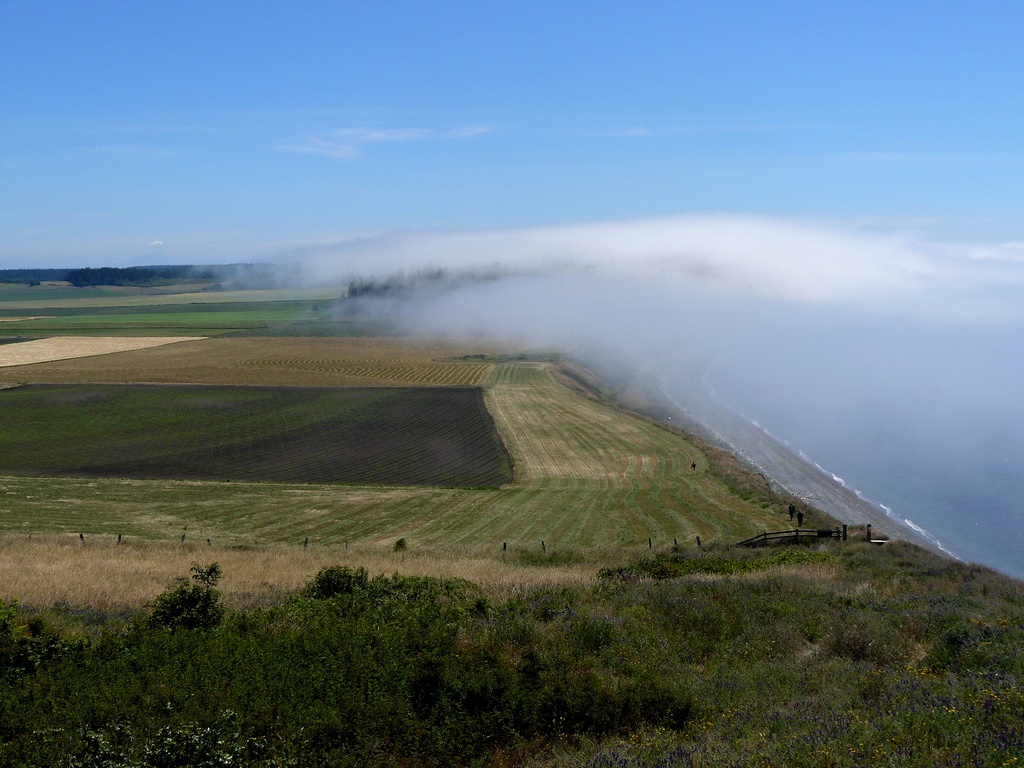A low-hanging fruit overripe for the picking
What agricultural practices have the most immediate potential for making a significant contribution to protecting our climate? Think biocarbon.


Biochar has had an interesting run over the past several years. As with so many other emerging climate solutions, biochar burst into public awareness a few years back with a wave of grassroots

In a world of ever increasing stress on our food and energy supplies, it makes little sense to pave farmland under sprawl, but that’s what we’ve been doing.
Join our email list to learn about what we do and how to get involved.
What agricultural practices have the most immediate potential for making a significant contribution to protecting our climate? Think biocarbon.
A conversation between Chad Kruger, Director of WSU Center for Sustaining Agriculture and
Carbon dioxide levels hit 395 parts per million in 2012, the highest in four or five million years when sea levels were around 80 feet higher and temperatures up to 10° Fahrenheit hotter. If we sustain those CO2 levels, or go higher as we are doing, a completely different world will emerge.
Imagine a world where we invest billions of dollars in improving ecosystem resilience to help combat climate change, all because doing so sucks up vast amounts of carbon dioxide (CO2) and provides pure oxygen in return.
This blog was originally posted Nov 20, 2012 by Chad Kruger here.
The Soil Carbon Challenge is a “competition to see how fast land managers can turn atmospheric carbon into soil organic matter. If you want to find out how fast a human can run 100 meters, do you build a computer model, do a literature search, or convene a panel of experts on human physiology to make a prediction? No, you run a race. Or a series of them.”
Each 1.8 degree temperature rise means 10 percent more in irrigation demands - a challenge for an industry whose primary energy use is pumping water. See how Oregon's nurseries are leading the way.
Lost in the current debate over how best to control greenhouse gas emissions from combustion of fossil fuels is the simple fact that it won’t be en
Biochar has had an interesting run over the past several years. As with so many other emerging climate solutions, biochar burst into public aw
In a world of ever increasing stress on our food and energy supplies, it makes little sense to pave farmland under sprawl, but that’s what we’ve been doing.